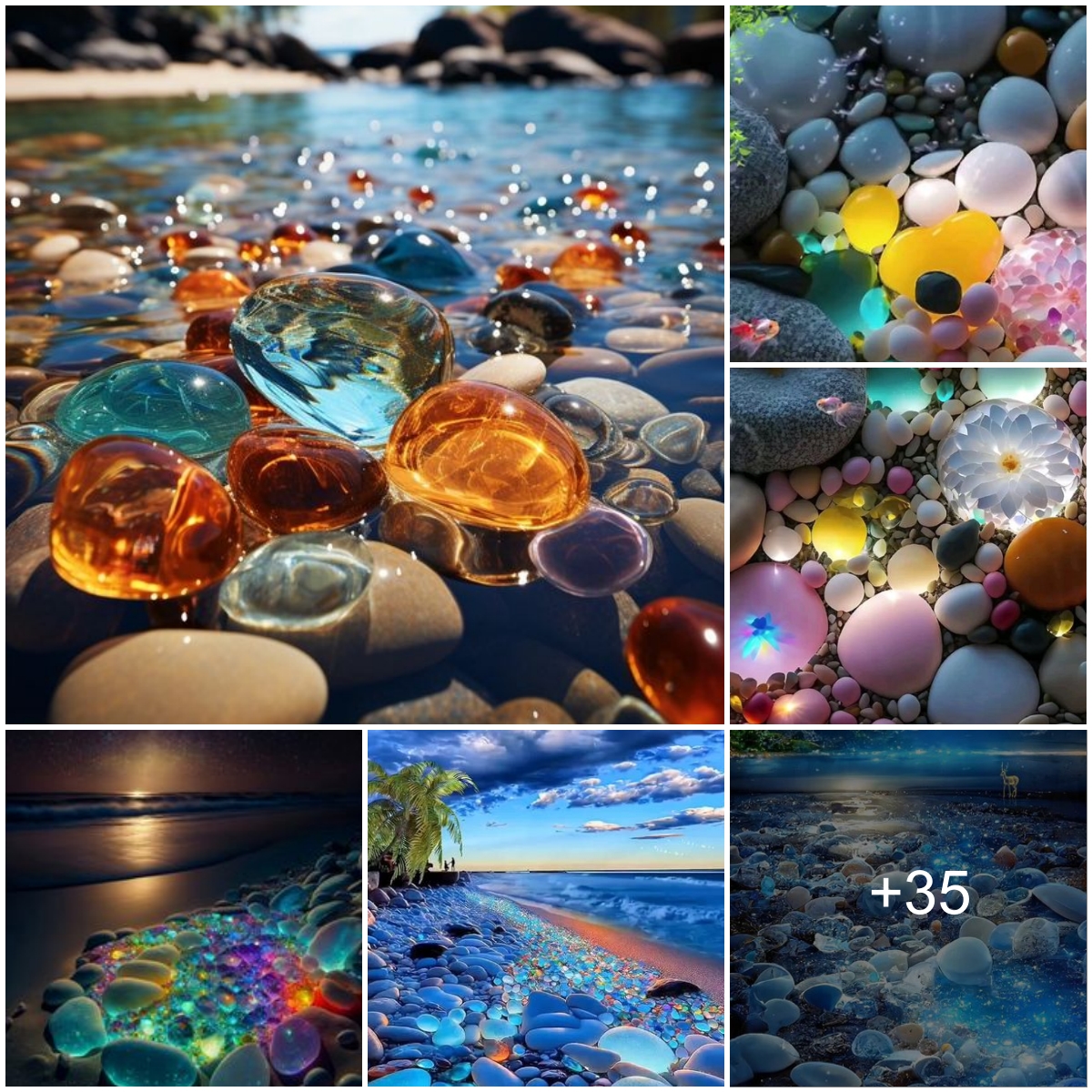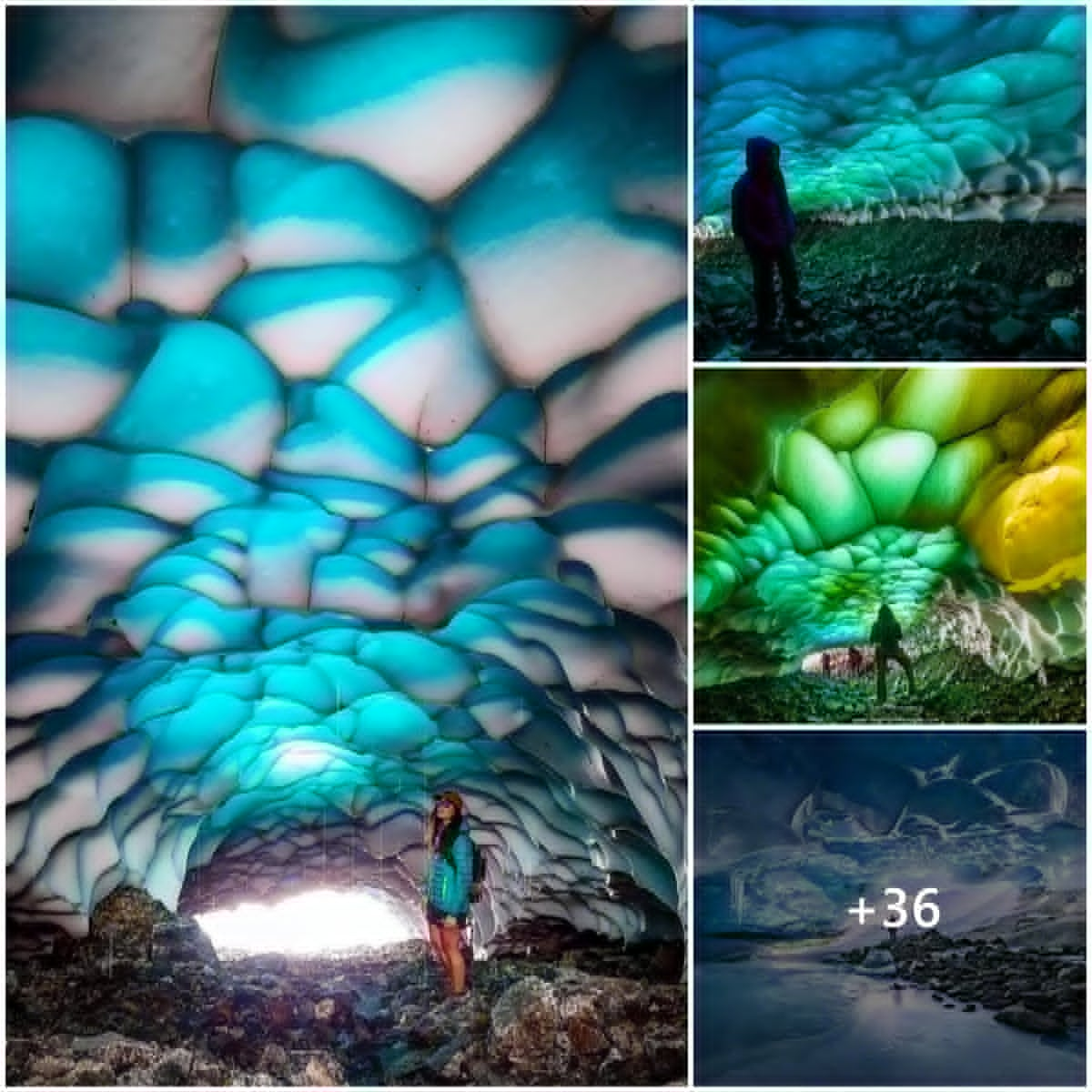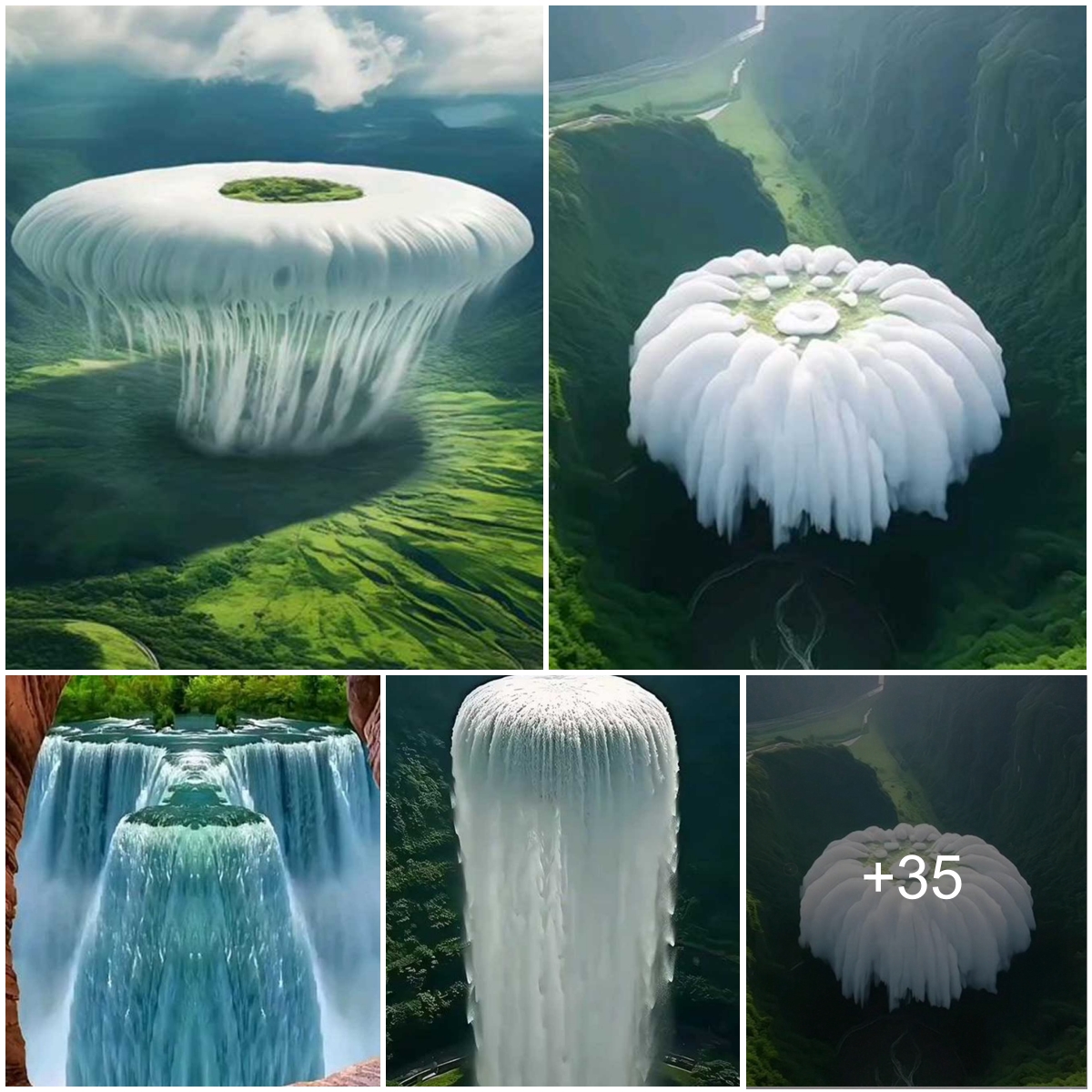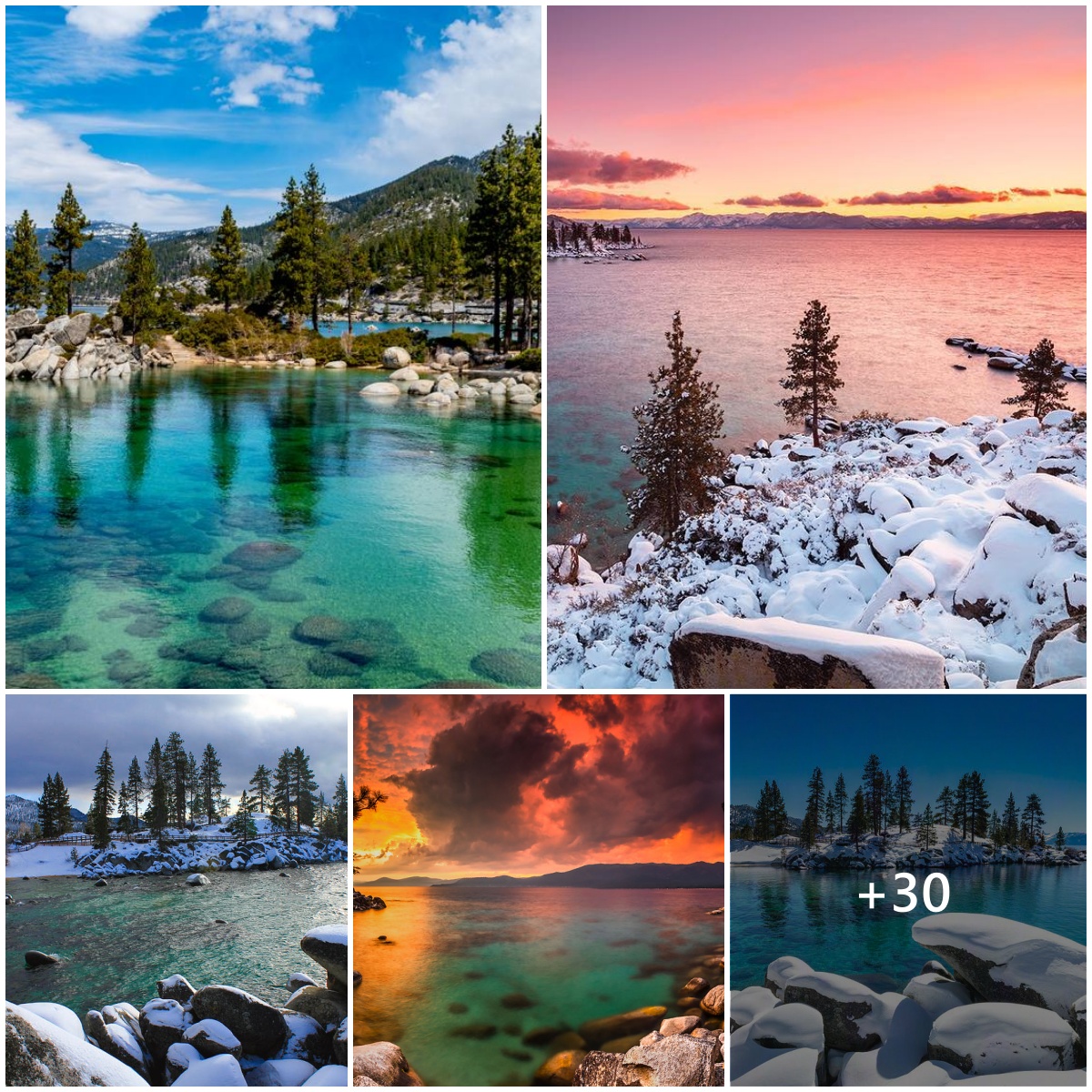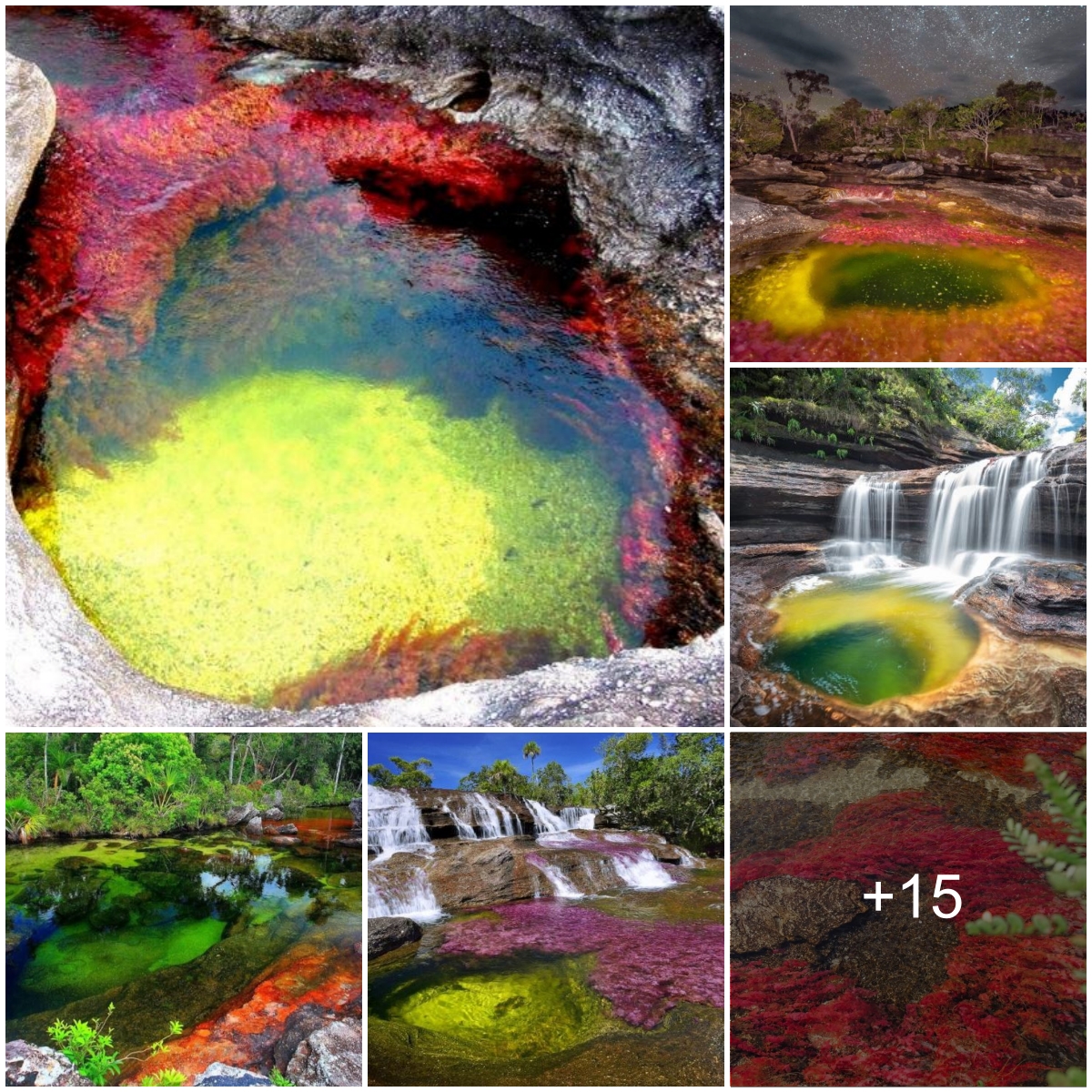The Northern Lights, also known as Aurora Borealis, are one of the most spectacular natural phenomena that occur in the northern hemisphere. They are a dazzling display of colors and lights that can be seen in the night sky, particularly in the Arctic regions. This incredible phenomenon has captured the imagination of people for centuries, and many myths and legends have been associated with it. In this blog post, we will unveil the facts and myths surrounding the Northern Lights.
Firstly, let’s start with some basic facts about the Northern Lights.
The Northern Lights are caused by electrically charged particles from the sun colliding with particles in the Earth’s atmosphere. These particles, also known as solar wind, travel at a speed of over 1 million miles per hour and are guided by the Earth’s magnetic field towards the polar regions. When these charged particles collide with the gases in the Earth’s atmosphere, they create a dazzling display of lights in the sky.
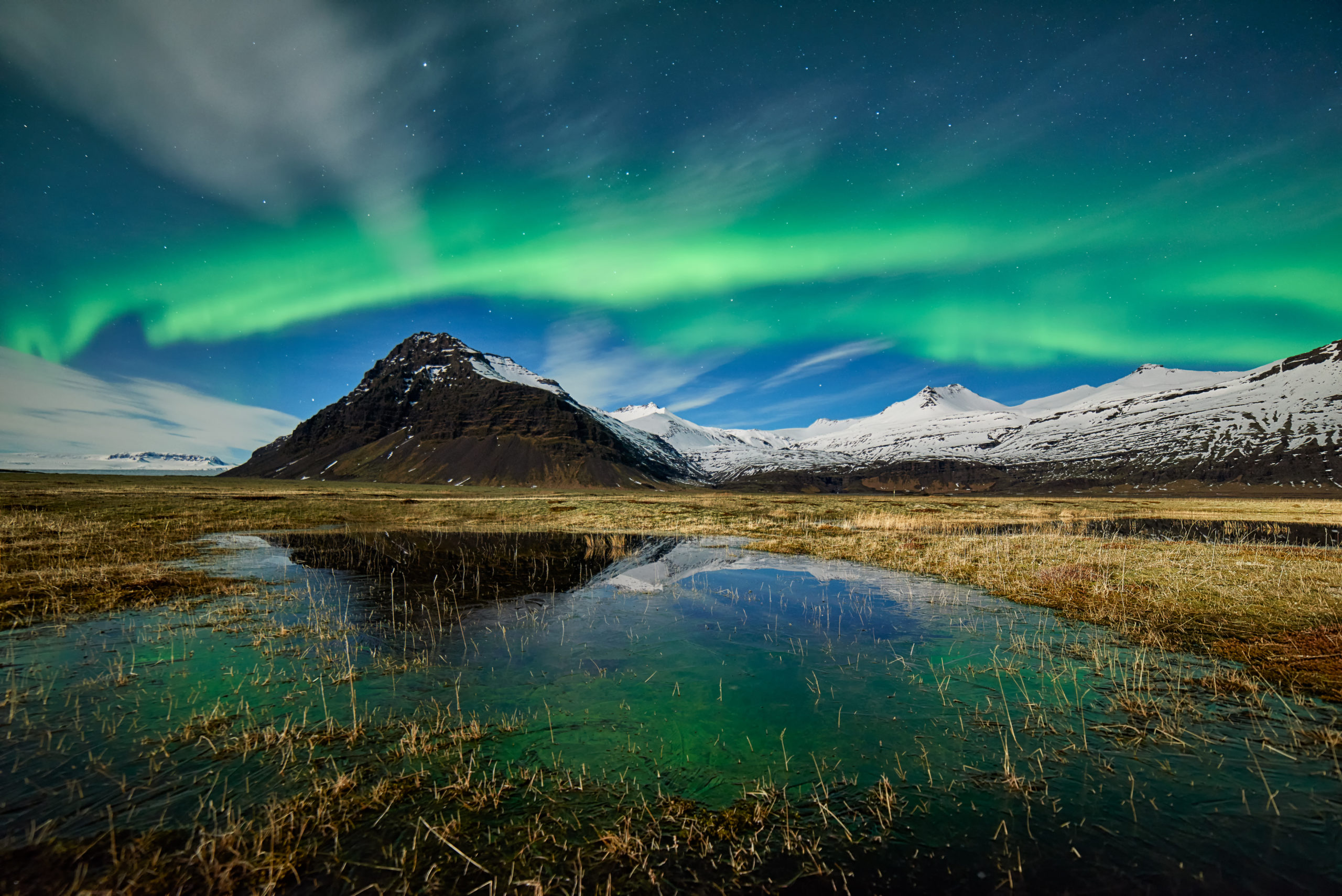 The colors of the Northern Lights depend on the type of gas particles that the charged particles collide with. For example, collisions with oxygen molecules produce a green or yellow-green color, while collisions with nitrogen molecules produce a red or blue-violet color. The Northern Lights can also appear in different shapes and patterns, such as curtains, arcs, and spirals.
The colors of the Northern Lights depend on the type of gas particles that the charged particles collide with. For example, collisions with oxygen molecules produce a green or yellow-green color, while collisions with nitrogen molecules produce a red or blue-violet color. The Northern Lights can also appear in different shapes and patterns, such as curtains, arcs, and spirals.
Now let’s move on to some of the myths and legends surrounding the Northern Lights.
One of the most popular myths is that the Northern Lights are the spirits of the dead. In some cultures, it is believed that the lights are the souls of their ancestors who have passed away. However, this myth has no scientific basis and is purely based on cultural beliefs.
Another myth is that the Northern Lights can be heard. Some people believe that the lights make a cracking or hissing sound when they appear. However, this is also a myth as the Northern Lights occur high up in the Earth’s atmosphere, and there is no medium for sound to travel through.
One more myth about the Northern Lights is that they are only visible in the winter months. While it is true that the Northern Lights are more visible during the winter months, they can be seen throughout the year. However, during the summer months, the long daylight hours make it difficult to see the lights.
Now let’s explore some of the scientific facts behind the Northern Lights.
The Northern Lights occur in a region known as the auroral zone, which is a circle around the Earth’s magnetic pole. This region is located at a height of about 60 to 1000 miles above the Earth’s surface. The best places to see the Northern Lights are in the high-latitude regions, such as Alaska, Canada, Norway, Sweden, Finland, and Iceland.
The intensity of the Northern Lights is also influenced by solar activity. When the sun is particularly active, it releases more charged particles into space, which can result in more intense and frequent Northern Lights displays. Solar activity follows an 11-year cycle, with peaks and troughs in activity. The last peak was in 2014, and the next peak is expected to occur around 2025.
 The Northern Lights are also affected by weather conditions on Earth. Cloudy or hazy skies can obstruct the view of the Northern Lights, and light pollution from nearby towns and cities can also interfere with visibility.
The Northern Lights are also affected by weather conditions on Earth. Cloudy or hazy skies can obstruct the view of the Northern Lights, and light pollution from nearby towns and cities can also interfere with visibility.
To sum up, the Northern Lights are a fascinating and awe-inspiring natural phenomenon that have captured the imagination of people for centuries. They are caused by electrically charged particles from the sun colliding with particles in the Earth’s atmosphere, and they appear as a dazzling display of lights and colors in the night sky. While many myths and legends have been associated with the Northern Lights, they are purely based on cultural beliefs and have no scientific basis. The best places to see the Northern Lights are in the high-latitude regions, and the intensity of the Northern Lights is influenced by solar activity, which follows an 11-year cycle.
If you are planning to witness this incredible phenomenon, there are a few things you should keep in mind.
Firstly, it is essential to find a dark and clear location, away from any sources of light pollution. Secondly, check the weather forecast to ensure that the skies are clear. Thirdly, be patient and give yourself enough time to wait for the lights to appear. It can sometimes take a few hours before the Northern Lights become visible.
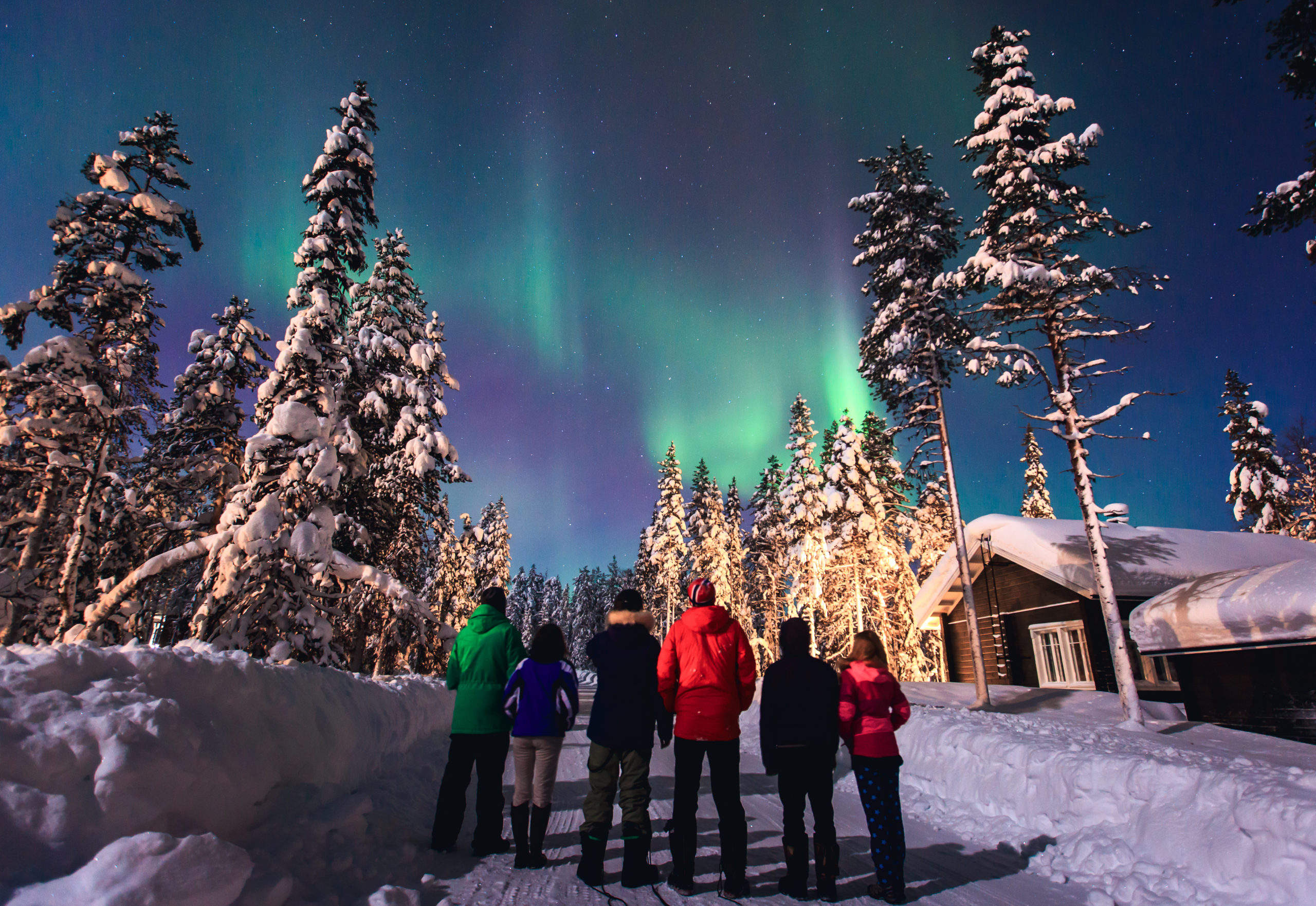 When you finally witness the Northern Lights, you will be mesmerized by the beauty and grandeur of this natural spectacle. The colors and shapes of the lights constantly change, and the experience can be quite overwhelming. It is a once-in-a-lifetime experience that you will never forget.
When you finally witness the Northern Lights, you will be mesmerized by the beauty and grandeur of this natural spectacle. The colors and shapes of the lights constantly change, and the experience can be quite overwhelming. It is a once-in-a-lifetime experience that you will never forget.
The Northern Lights are a fascinating natural phenomenon that continues to inspire and captivate people all over the world.
While many myths and legends have been associated with them, the scientific facts behind this phenomenon are equally fascinating. If you get a chance to witness the Northern Lights, take it. It is an experience that will stay with you forever.
Install MyStart Theme for Google Chrome
views
In the tranquil realms of wetlands, where water meets land in a delicate dance, a diverse array of creatures thrives. From majestic birds to playful mammals, each inhabitant plays a crucial role in maintaining the…
Our planet holds a vast array of landscapes, from the icy peaks of the Himalayas to the lush rainforests of the Amazon. But nestled in the Afar Triangle of Ethiopia lies a place unlike any other – the Danakil Depression…
In the tapestry of the natural world, where every creature plays a pivotal role in the ecosystem’s harmony, there exists a phenomenon so fleeting yet so profoundly beautiful that it captures the essence of…
